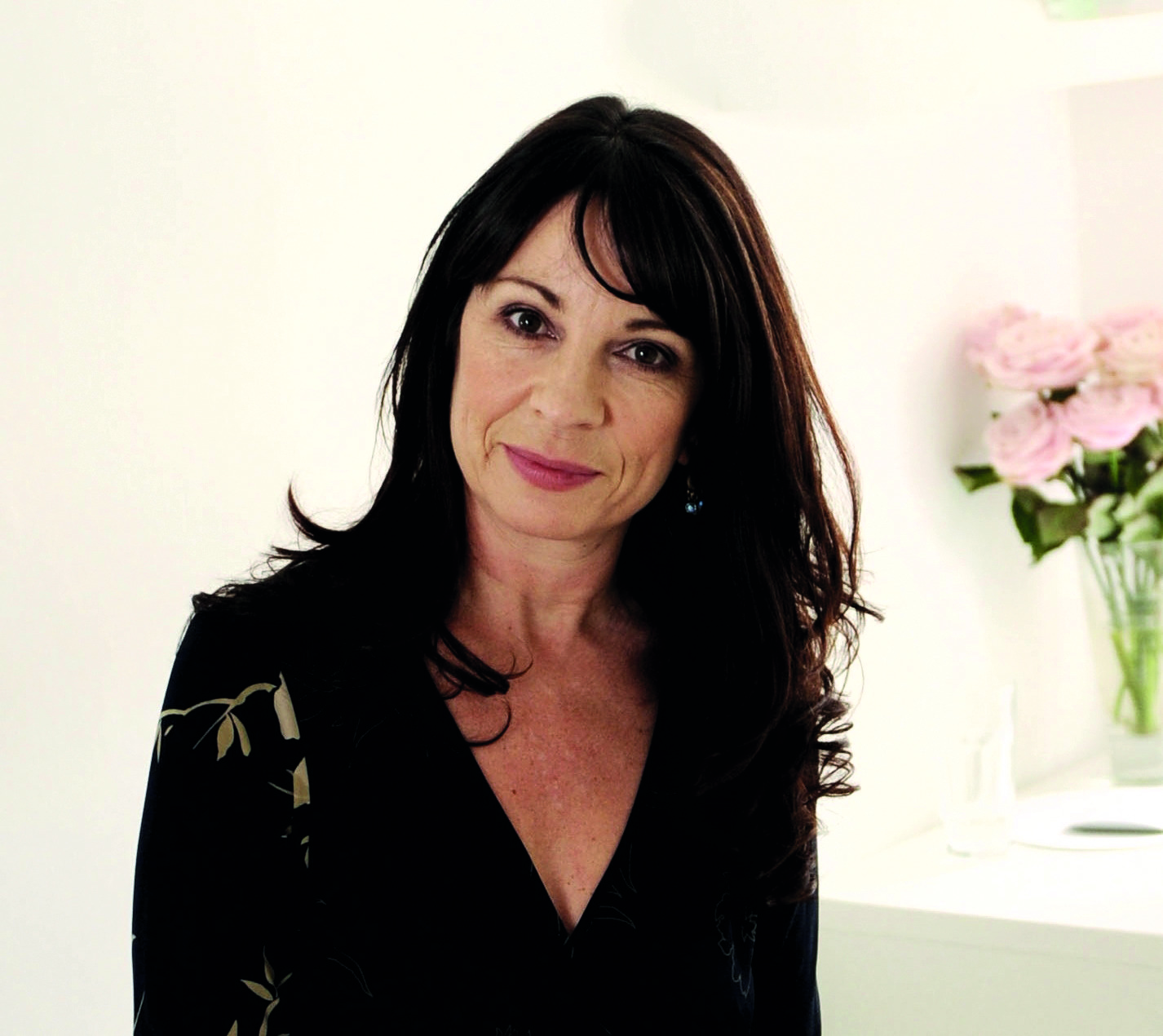One woman on the heartbreaking emotion of clearing out her parents’ house

Writer Ella Griffin explores the pain of sorting through her parents’ possessions after their deaths…
The hardest part is the moment just before you begin. When everything is where it always has been. Your father's writing desk. The armchair by the window where your mother used to sit. The higgledy-piggledy line of brass animals marching across the mantelpiece, the pig nose-to-tail with the elephant both, comically, the same size. Corner pieces of the jigsaw puzzle of your childhood. It has taken over 40 years to put it together; now you have to rip it apart and throw away the picture on the lid.
There was nothing special about the house in suburban Dublin where I grew up with my four brothers and my sister. It was a small pebble-dashed semi-detached, on a street of almost identical houses, though ours was the one with the slightly wonky extension. It was part of the family. It had its quirks and scars and secrets, its own unique personality.
Nothing was ever thrown away in that house. The attic was packed to the rafters with our cast-offs. If you opened a drawer to look for a pen, you'd have to rifle through a jumble of discarded golf balls and spent batteries, keys to lost padlocks and half-burned birthday candles.
The walls had soaked up years of water fights and whispered phone calls, shouting matches and happy Christmases. After my father died suddenly and my older siblings moved on, there were just my mother and me, aged 18, and a house full of echoes.
Growing up
Three years later, I moved out too. Two decades went by. I must have lived in a dozen places, but as long as that house was still there to go back to, some stubborn part of me still thought of it as home.
We had nine months after my mother's stroke to say goodbye, and although it was lovely to have that time, it wasn't enough. Maybe that's why, five years after she died, we had left the house exactly as it was. Then it sold, suddenly, and we were jolted into reality. The family that bought it needed to move in three days after they signed, and they wanted the house empty.
Sign up to our free daily email for the latest royal and entertainment news, interesting opinion, expert advice on styling and beauty trends, and no-nonsense guides to the health and wellness questions you want answered.
How do you decide what to keep in just 72 hours? The photographs, obviously. The hand-drawn birthday cards and scribbled postcards you sent to your parents from far-flung places. The rabbit's foot good luck charm they found on the steps of a dance floor on their first date. A sagging cardboard box of childhood copybooks. The recipe books with the turned-down corners and egg yolk-stained pages. Notebooks where your mother, widowed at 60, jotted down scraps of poetry and philosophy.
But what about the rest? What are you supposed to do with the mahogany dining table with the carved lion's feet that doubled as a ping-pong table? The piano nobody played that occupied its own corner of the sitting room like a forgotten family pet? The broken telescope that belonged to the brother who grew up to be an astrophysicist? Your dead father's cheque books, the stubs filled out in his copperplate handwriting? Your mother's hairbrush that still has a few silver hairs caught in the bristles?
You can't keep it all. You can't keep any of it really because you have already accumulated your own clutter.
I must have packed bags and boxes for the charity shop, and filled six skips, but I can't remember anything about it. My mind refused to record this frantic purge, this sloughing of hundreds, maybe thousands of things that were so familiar that they felt as if they were part of me.
New beginnings
What I do remember is that on the last day when the rooms were emptied out, and the house was just a shell, it filled with something lovely and completely unexpected. The thing my parents must have seen when they bought it. Possibility.
As I took one last walk through the rooms where I'd grown up, I heard the echo of their footsteps across 40 years. I imagined them, as they would have been back then, a couple in the middle of their lives looking for a new beginning. A place where they could raise their family.
There are things I wish I'd kept now. The little brass elephant. My father's shaving brush. The set of tarnished silver cutlery we used on Sundays. I wonder where they are sometimes. Then I remind myself that they are here, where they belong, in my mind and in my heart.
And that the most important things in life are not things at all, but memories.
The Memory Shop by Ella Griffin (Orion) is out now.